

Sorry by experimental what I meant here is something which is not ready to be tested in humans - this scientist was skipping a bunch of the necessary steps to show this is a safe thing to do (in lab grown cells first, for example) to proceed to human experimentation.

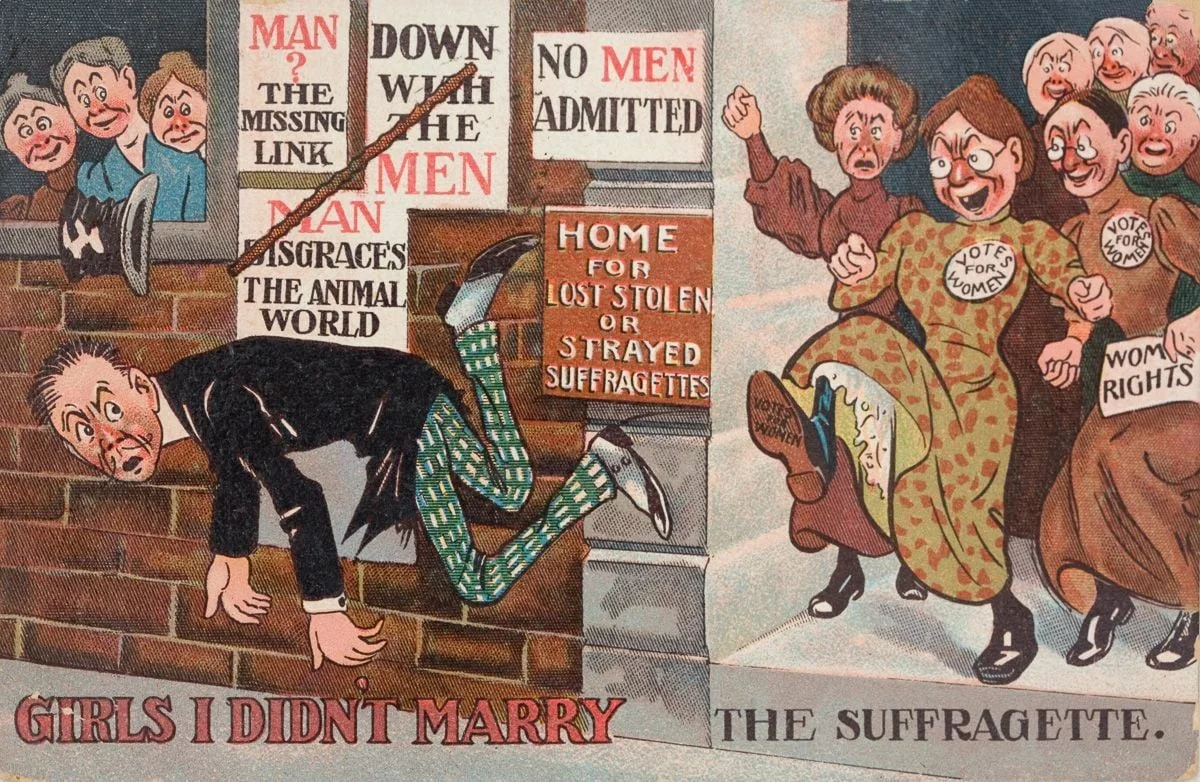

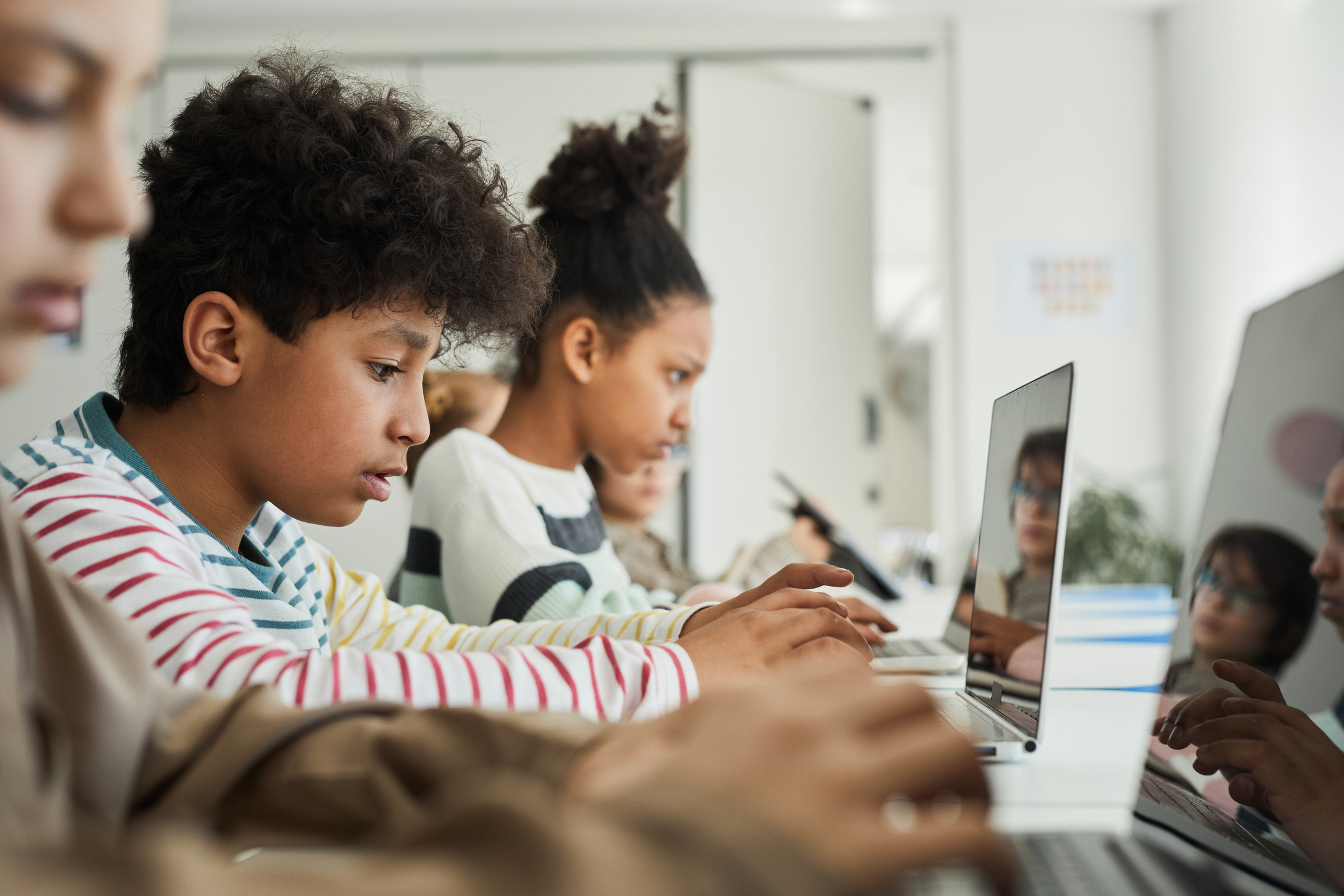





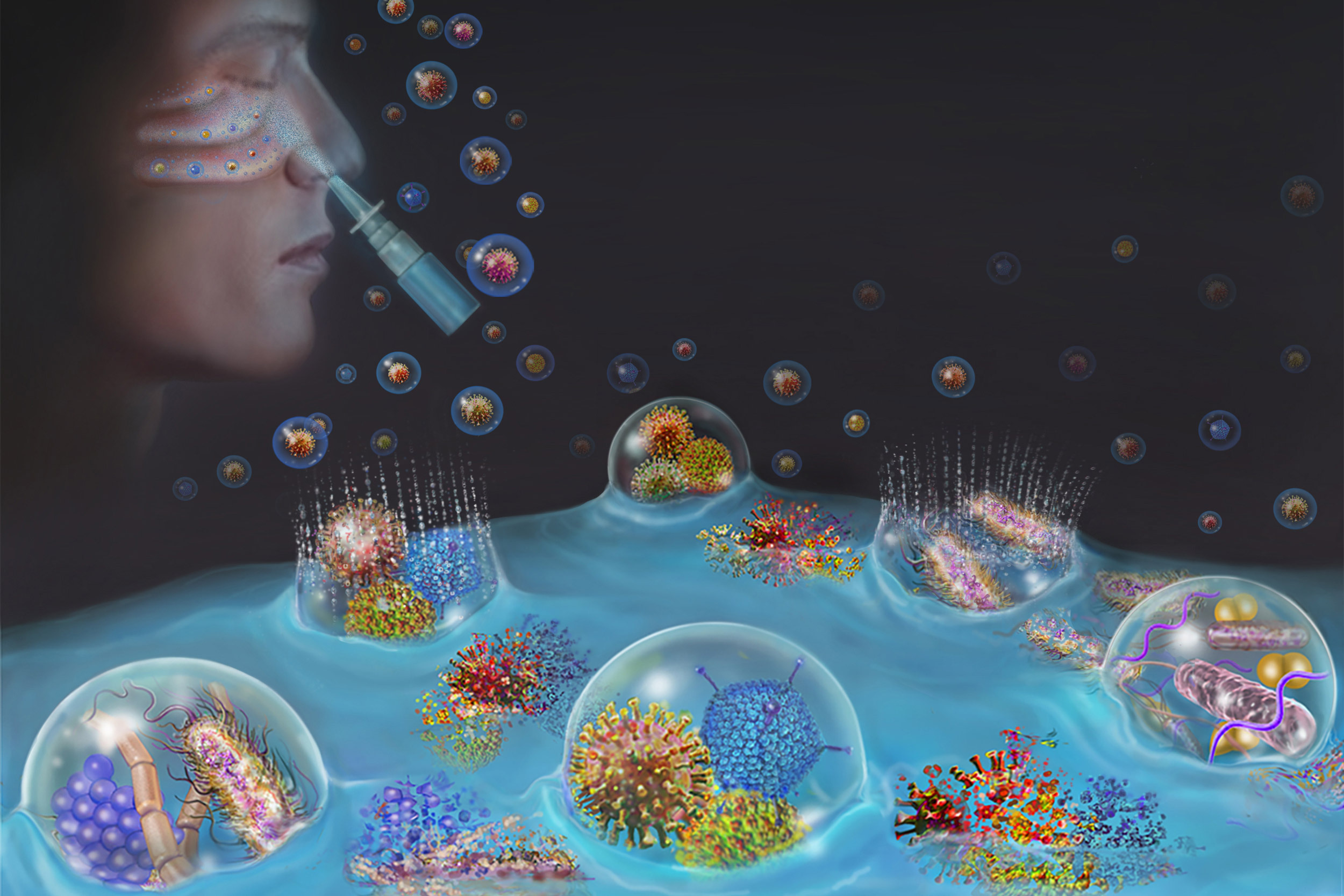
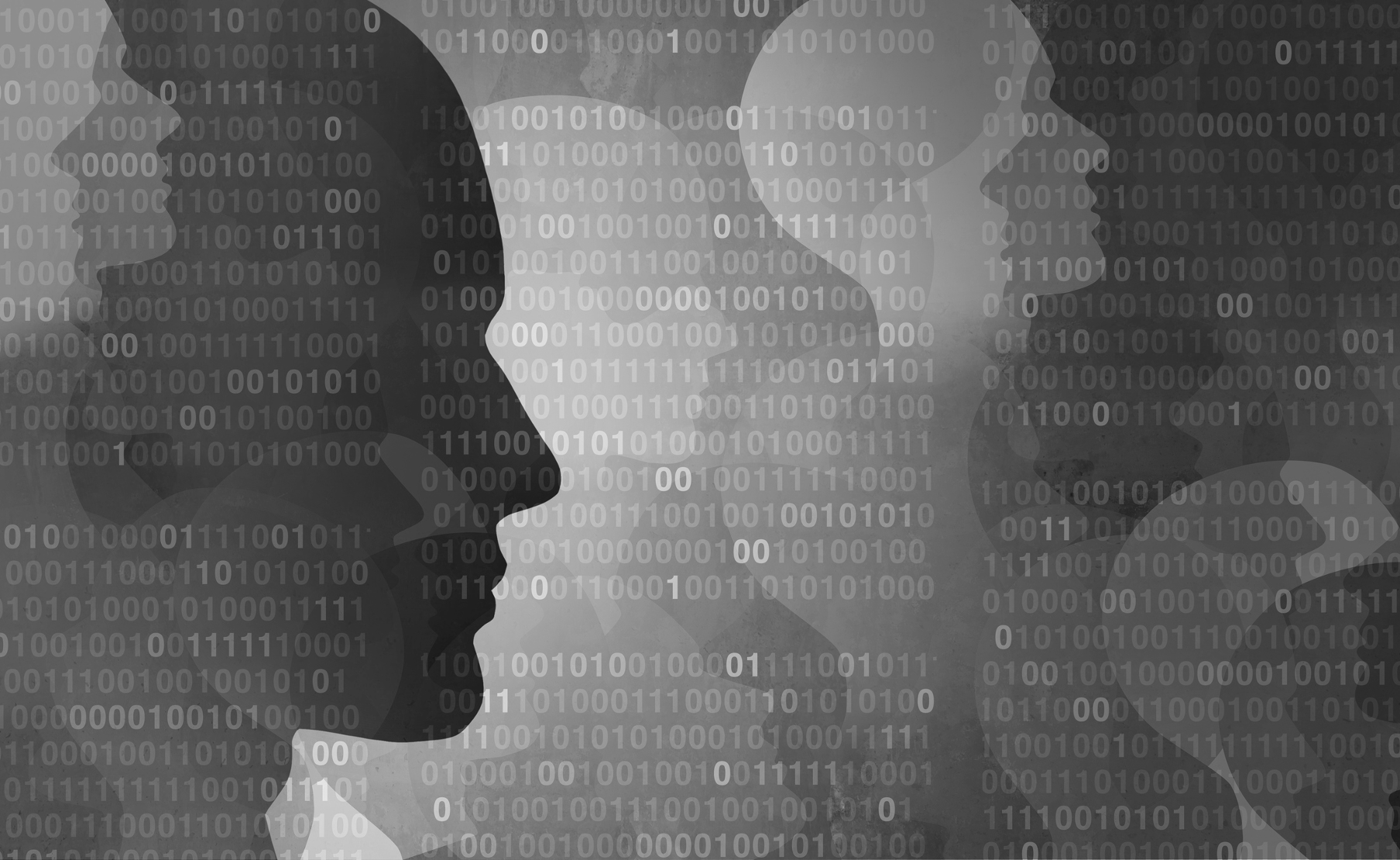
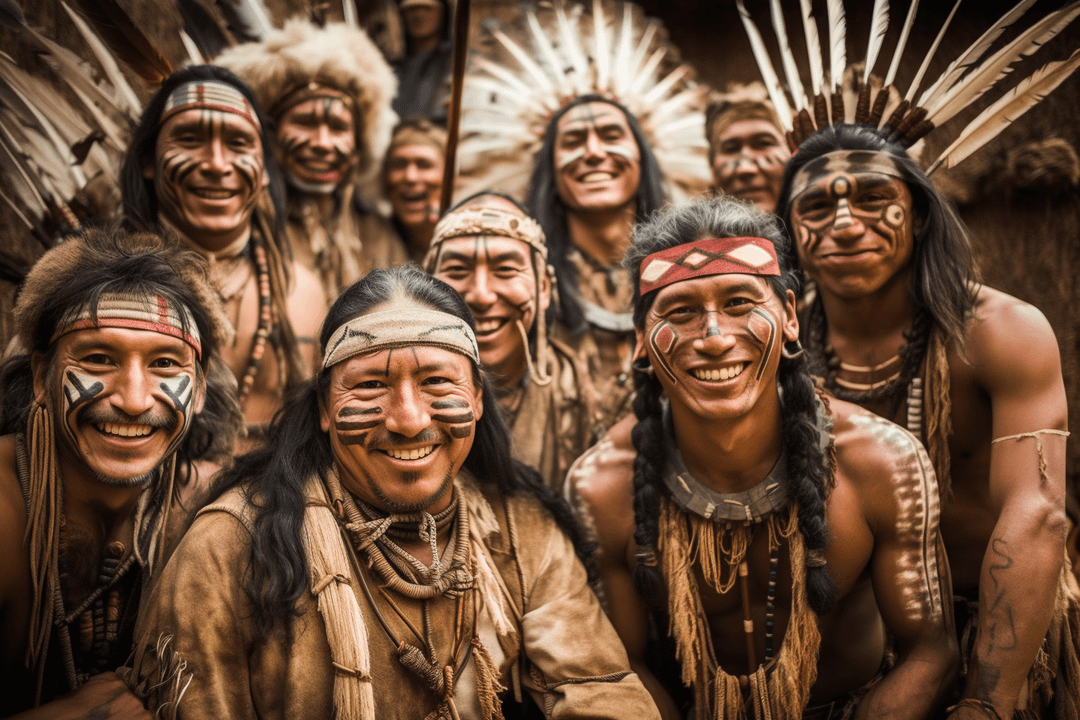

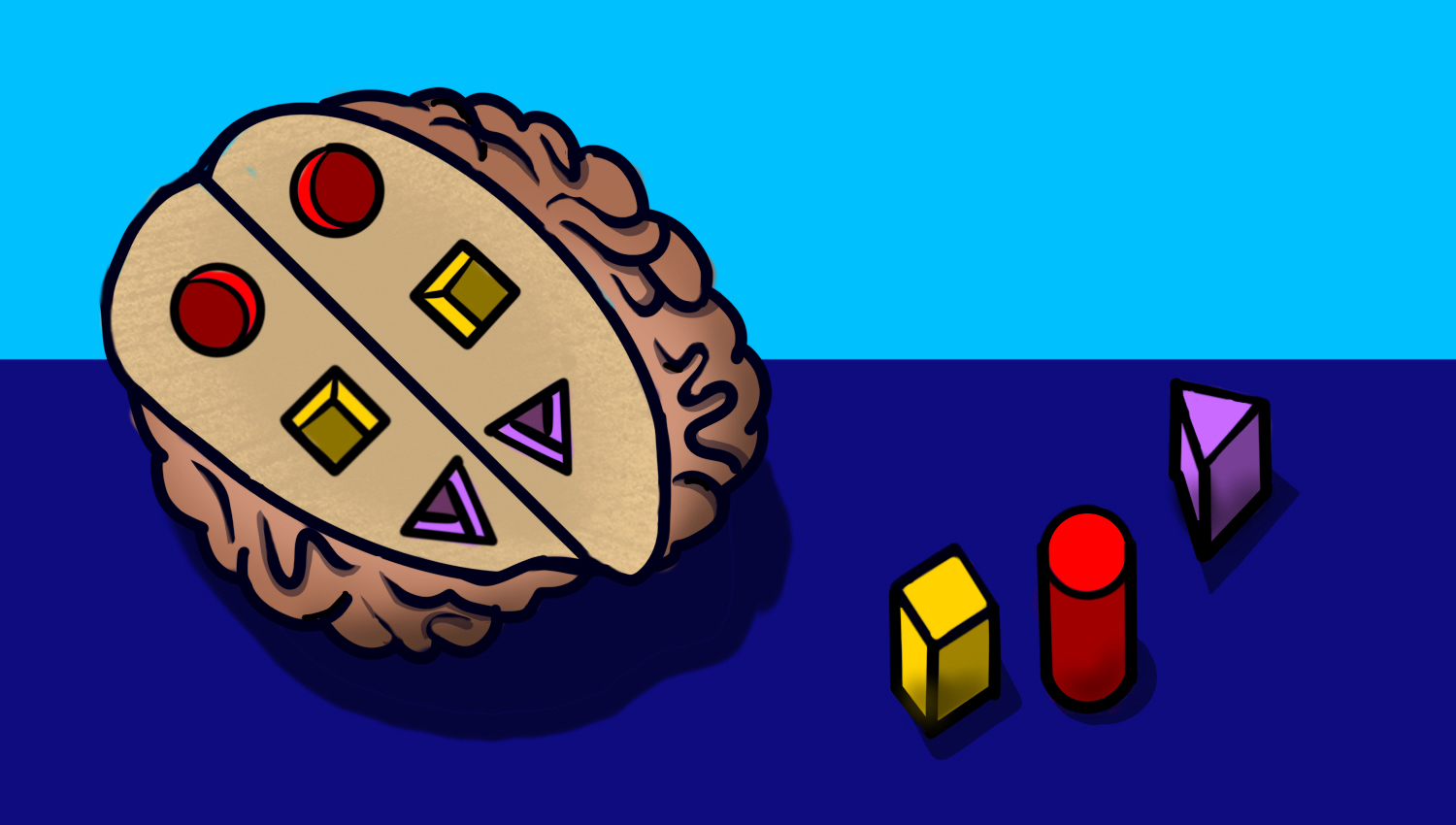
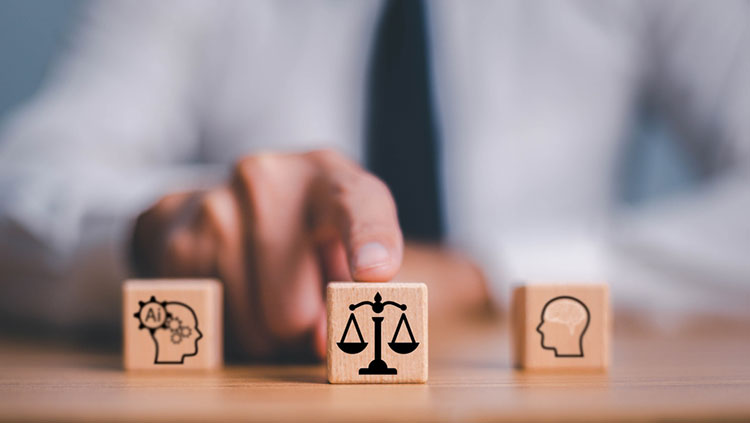

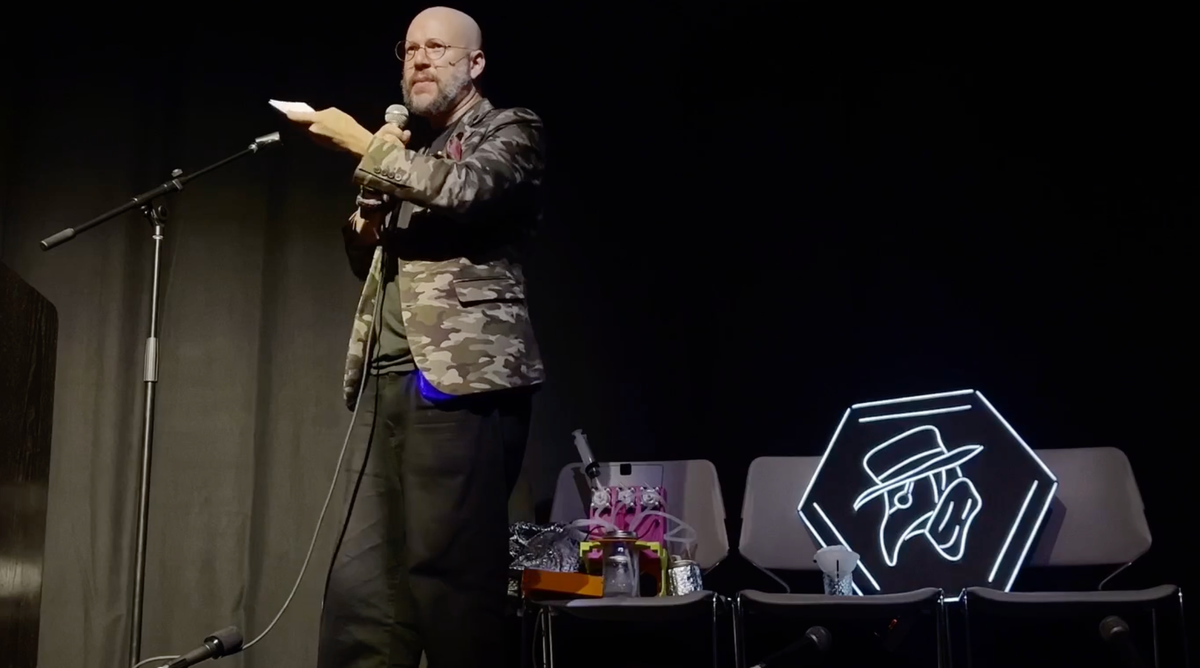

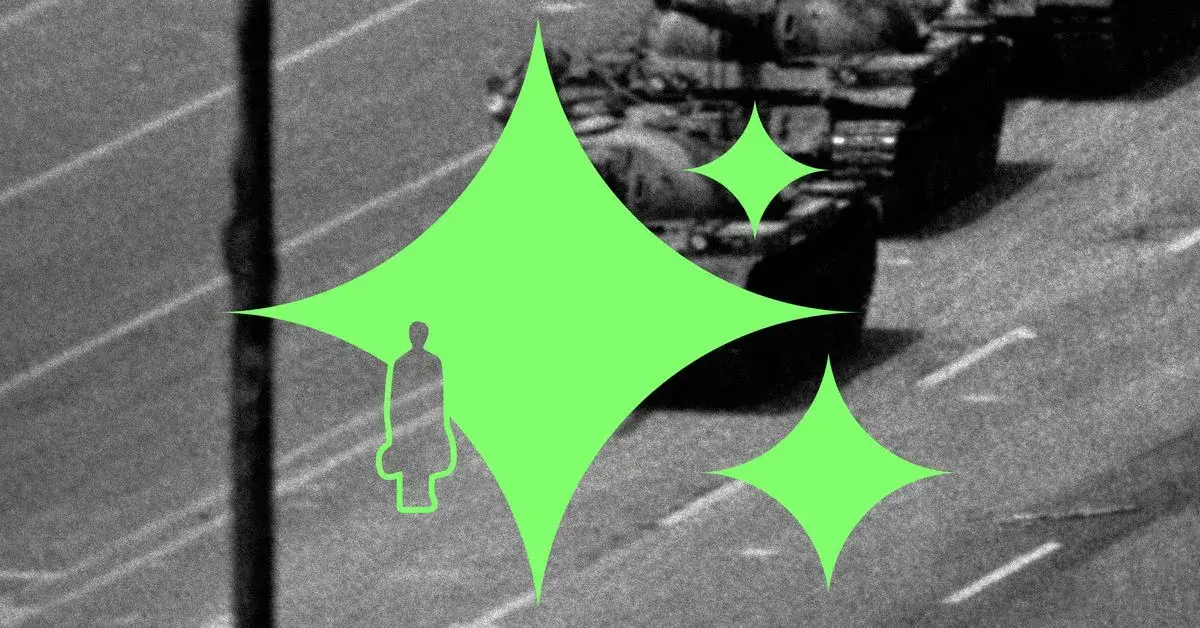

Yes, but if a review board were to sign off on them and then someone managed to significantly hurt or damage themselves, one could theoretically apply some of the blame to the review board for not doing their job to ensure that a study was safe. The whole idea of having ethics as a part of the review board was born of some of the studies they used to sign off on that were ultimately problematic and resulted in seriously damaging some individuals, such as minorities and kids.